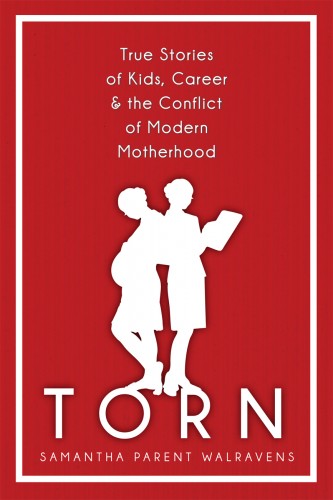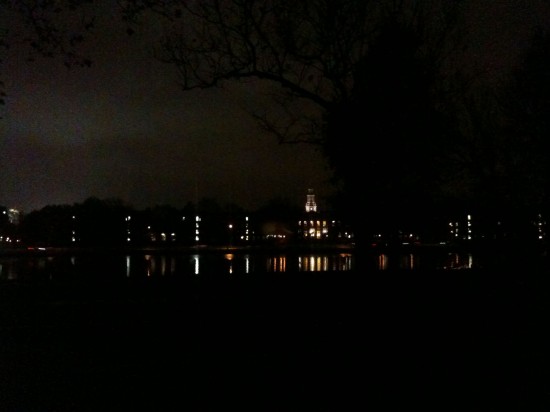I saw The Race to Nowhere last week. I was tremendously moved by it. I’m not sure I know what to do, precisely, with my ever-stronger sense of how I want to parent my kids. There is a doctor of adolescent medicine in the film who says even he, a specialist who writes books about the toxicity of pressure on our kids, worries about how to walk the line between protecting childrens’ childhoods and holding them back. He worries about the potential harm that his beliefs – supported in his case by all kinds of medical research and a PhD or two – may wreak on his daughters. I worry too, and I have only my – albeit strong – intuition behind me.
The movie made me feel concerned about Grace and Whit, but the anxiety I feel about them comes from a profoundly personal place. I was one of those kids. I still am. I was “perfect” in the achievement sense of the word. I got the 4.0 GPA. I went to Exeter, and Princeton, and Harvard Business School. I played by the rules, followed the map, achieved everything I aimed for. My father often comments that it was easy to raise Hilary and I because we went “straight down the middle of the street.” Be careful, I always caution him: there’s still time!!
I related intensely to the kids in the movie, and to a culture that praises highly performance and achievement. At one point in the movie a teacher says, in response to parents being surprised when their kids struggle or fall apart or otherwise cave under the pressure: “They all say, ‘but my kid’s a good kid!’ And I always say back, ‘You know your kid’s a good performer. How do you know they’re a good kid?'”
That’s what I was. A good performer. A great achiever. And you know what? It didn’t add up to anything. I’m writing a memoir, in fact, about what it’s like to realize that that kind of life, built on achievement and success and external validation, doesn’t necessarily lead you to happiness.
As Glenda Burgess so beautifully put it in The Geography of Love, “Eventually, I constructed a layered exoskeleton, a coral reef instead of a life. The structure was there, but the essence was missing.” This is certainly my personal experience: I realized, in my early 30s, that my model of approaching life, which was all about goals and achievements, was irreparably broken. I was missing something fundamental; there was an echoing emptiness around the core of my life that eventually I could not ignore.
I think this is what worries me the most about The Race to Nowhere: we are raising a generation of children who don’t know how to tune in, to figure out what the essence of their lives is. I know. I am one of them.
Figuring out how to make my way through life without the external guideposts of achievement has been much harder than I ever imagined. As I’ve said before, I am now navigating by the stars. And that is much harder than simply being the perfect performer. So I worry about myriad things that The Race to Nowhere represents: overscheduled kids who have lost their propensity for wonder, exhausted children who are physically harmed by the pressures on them, students who “do school” as opposed to developing aptitude for – and joy in – learning.
Probably most of all, though, I don’t want my children to grow up as deaf to the voice of their soul as I was for so long. If they want to achieve and do well I think that’s ok – there’s nothing wrong with that in the abstract. I just want to be sure they know that’s not the only skill that matters, and not to forget to tend to the essence of their lives as they race into the great wide open.


